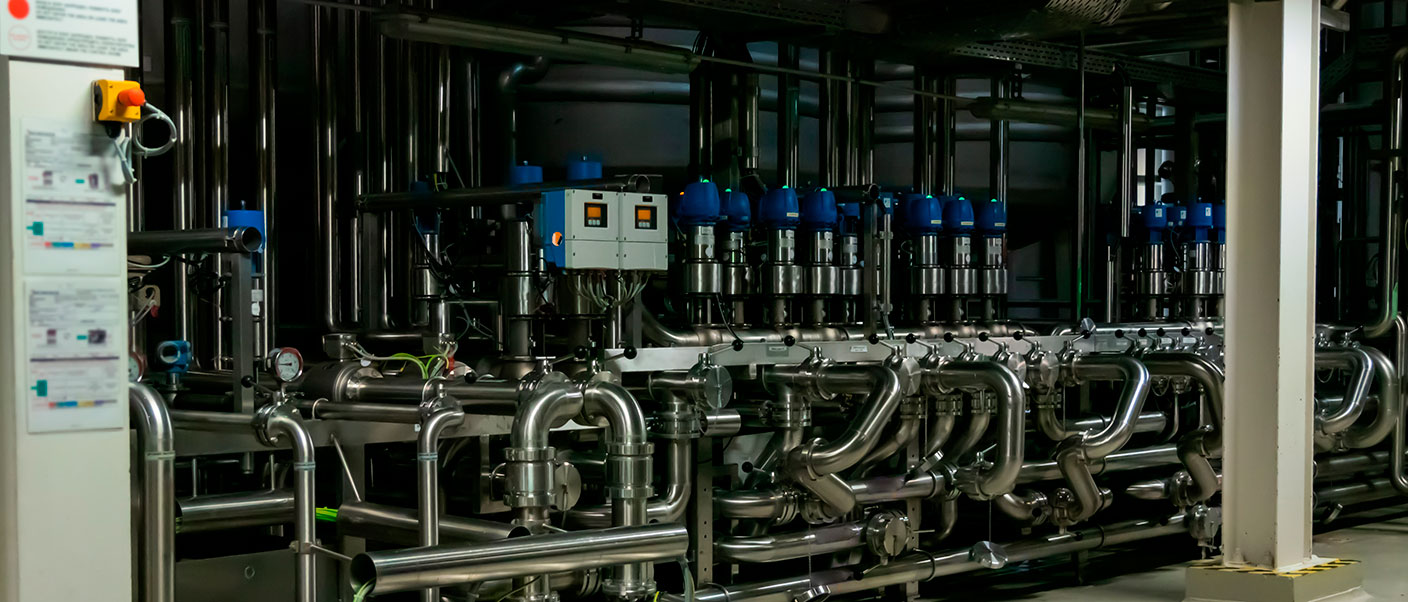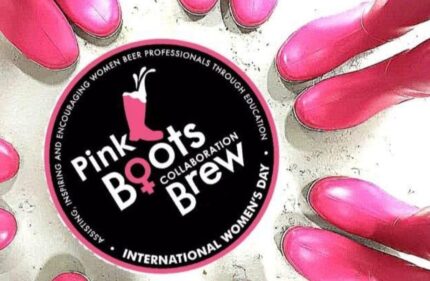Outsourcing is being adopted in many organizations.
The reduction of risk, the lowering or establishment of fixed costs, and even the efficiency of delegating certain processes to a specialized service provider, make this new business management model a path that also offers many advantages for the craft beverage sector.
New needs and trends affecting today’s global market, especially in the last decade, have meant that numerous companies are establishing new and more competitive management processes or models, one of which is outsourcing.
In this post we explain what outsourcing is, why it’s become a trend, where it’s applied (manufacturing, sales and even transport, among others), as well as the many advantages it can offer a company in the beverage sector, which is the field that interests us.
What is outsourcing and how does it work?
Wikipedia provides a general definition that explains quite explicitly what outsourcing consists of.
Also known as subcontracting and externalization of services, it’s a business process in which a commercial enterprise transfers the responsibilities associated with certain tasks to an external company or subcontractor that provides a variety of specialized services.
This subcontracted company can provide everything from workers to the resources needed to carry out certain tasks.
In essence, it can be summed up as the process that is entrusted to a company tasked with identifying one or more processes in which productivity can be increased or optimized in different areas of an organization.
Outsourcing in the beer and craft beverages sector
Craft brewers have been debating the viability of outsourcing for years.
It’s clear that some challenges, like distribution or the possible loss of prominence in the market due to inability to handle the desired production volumes, can be solved through the externalization of services to specialized companies.
Outsourcing translates into improvement and is closely linked to transformation or technology.
At the same time, it’s evolving towards other management processes and methodologies.
This is the case of the Agile methodology, which we’ve spoken about on other occasions (as an agile and dynamic system for the beverages sector which enables teamwork with greater transparency thanks to constant communication, in which both the customer and the supplier pursue the same goal), and which is unleashing other versions, such as “Distributed Agile”, on top of the classic outsourcing systems.
5 advantages of outsourcing for the sector
What advantages does outsourcing offer the sector?
1. Cost reduction
In the first place, subcontracting or transferring production and other services associated with beverages to another company represents a significant savings.
Both in terms of investment in infrastructure or technology and the costs involved in hiring professionals or talent in the sector, which are assumed by the specialized company.
2. Exclusive dedication to other business management activities
Leaving certain responsibilities that form part of production, the packaging chain and transport in the hands of others means focusing on other important aspects like the brand or increasing sales.

3. Fixed costs
Another advantage of outsourcing is that it allows you to have a very approximate and known production cost, and also to turn fixed costs into variable costs according to production (as opposed to fixed costs regardless of what is manufactured).
This is going enable you to set a purchase price with “no surprises”.
4. Productivity can be increased
Companies specialized in outsourcing make it possible to externalize a multitude of tasks.
From all the beverage manufacturing processes and phases to the marketing strategy and brand positioning, as well as staff recruitment, hiring and training, etc.
That means improved and increased productivity.

Specifically, one of the most important challenges with craft beers when it comes to subcontracting certain services has to do with packaging.
Let’s take into account that for another type of beverage, this process is simple because the format is always the same.
But in the case of beer, there are several formats to choose from, such as the keg and individual containers (can or bottle).
The giant brewers don’t typically have any problem, but small craft producers, on the other hand, would have to increase their production to offer all types of options, and that’s not always possible or cost-effective for them.
For that reason, the best thing to do in these cases is to subcontract.

5. Improvement in innovation processes and in the implementation of new technologies
In line with the previous point, if we leave certain key processes that enable us to increase production in the hands of another company, we will be able to dedicate more effort and investment to innovation and marketing, which will make us more competitive in the market.

At the same time, specialized companies have the latest technological advances available to them.
Our facilities in Córdoba, as a benchmark space in the craft sector, have the latest technology, specific controls and quality guarantees in each and every batch and project.










Comments